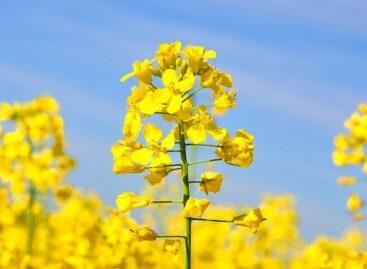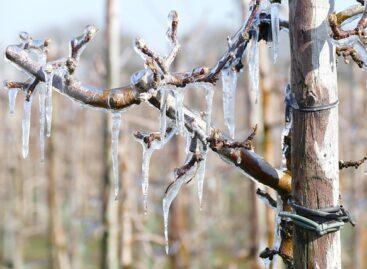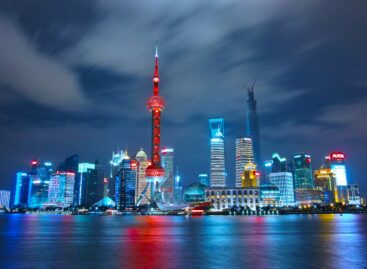NAK: Brussels would give a green light to Ukrainian imports
The scope of the free trade measures granted to Ukraine expired on June 5, but Hungarian farmers cannot breathe a sigh of relief, as the European Commission is now working on a long-term agreement. The indefinite benefits proposed by the Commission would clearly prepare for EU accession. The position of the National Chamber of Agriculture and the Association of Hungarian Farmers’ Circles and Cooperatives (MAGOSZ) remains clear: we do not want Ukrainian imports!

As part of the Association Agreement between the European Union and Ukraine, the EU previously fully liberalized trade in the vast majority of products from Ukraine, maintaining tariff quotas and the minimum price system only for a few selected agricultural products. This measure was suspended by the Autonomous Trade Measures (ATM) institution introduced following the outbreak of the Russian-Ukrainian war, which abolished the previous – already minimal – restrictions and opened the way for the flow of Ukrainian agricultural goods into the European Union. The measure, which was originally for one year, has since been extended twice. This measure was in force until June 5, 2025, after which Brussels is preparing a long-term agreement that would remain in force until Ukraine joins the European Union.
The position of the National Chamber of Agriculture and the Association of Hungarian Farmers’ Circles and Farmers’ Cooperatives remains clear: they do not want Ukrainian imports!
Since the outbreak of the war, millions of tons of goods have arrived from Ukraine, which have not only destroyed our markets to dust and undermined the market opportunities of Hungarian farmers, but are also objectionable from a consumer protection perspective. In our country, the import ban on Ukrainian agricultural products is still in force, but with Ukraine’s accession to the EU, we would permanently lose the fight to protect our own markets and our own farmers, since trade restrictions against an EU member state could no longer be maintained. According to Brussels’ intention, Ukraine should become a full member of the European Union by 2030 at the latest. The European Commission’s plan is to transform European Union subsidies, i.e. to withdraw funds from the current member states. The war would be financed based on a political decision, and later the clearing of ruins and the elimination of environmental pollution. However, the price of the war has so far been paid by European farmers and European citizens. The EU and its member states have so far provided more than 150 billion euros to support Ukraine. The Ukraine Instrument entered into force on 1 March 2024, in the amount of 50 billion euros (17 billion in grants, 33 billion in loans). In comparison, Hungary received 1.749 billion euros, Poland 5.717 billion euros, and Romania 5.148 billion euros during the pre-accession process. There is no doubt that Brussels’ plan has quite a few beneficiaries. The largest buyers of Ukrainian grain worldwide are Spain, China, and Romania (the latter due to port shipments), and these states together bought up about 44 percent of Ukrainian grain exports. The largest European buyer of corn is Spain, which feeds its huge pig herd with cheap Ukrainian corn. The major buyers of rapeseed are Germany, Belgium, and France, receiving nearly 2/3 of all Ukrainian exports. It is therefore not surprising that some Western member states have taken a stance on Ukraine, even if the accession of a country at war would also cause losses for European farmers.
NAK
Related news
Rapeseed prices fell worldwide and domestically
🎧 Hallgasd a cikket: Lejátszás Szünet Folytatás Leállítás Nyelv: Auto…
Read more >AM: Ministry of Agriculture pays special attention to supporting the horticultural sector
🎧 Hallgasd a cikket: Lejátszás Szünet Folytatás Leállítás Nyelv: Auto…
Read more >







